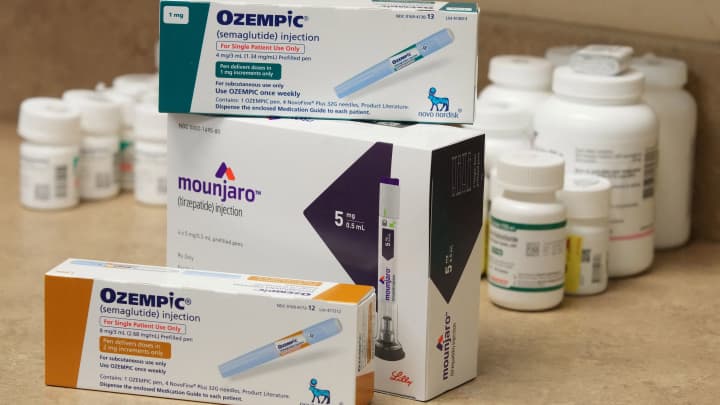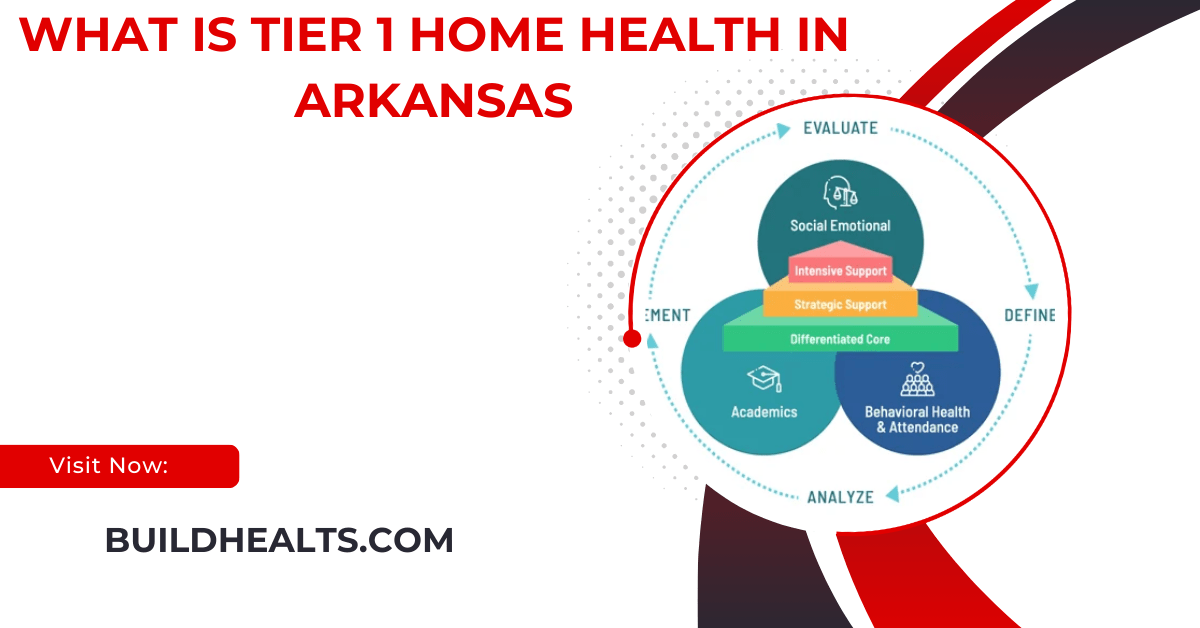United Health does not cover weight loss injections due to lack of medical necessity, insufficient clinical evidence, and high costs, promoting lifestyle changes instead.
This article will explore the reasons behind this decision, its implications for consumers, and potential alternatives for weight loss management.
Understanding United Health Coverage:
What is United Health?

United Health, part of UnitedHealth Group, is one of the largest health insurance providers in the United States. The company offers a variety of health plans that cover a range of medical services, including hospital visits, preventive care, and prescription medications. However, it’s important to note that not all treatments are included in their coverage. Each health insurance provider, including United Health, has its guidelines on what is covered under its plans.
Health Insurance Coverage Basics:
Health insurance coverage is designed to help individuals manage their healthcare costs, but coverage can vary significantly between different providers and plans. The specifics of what a plan covers often depend on several factors, including:
- Medical Necessity: Services considered necessary for a person’s health are more likely to be covered. In contrast, treatments that are viewed as elective or cosmetic may not be included.
- Clinical Evidence: Insurance companies typically require scientific research to back the effectiveness of a treatment before they agree to provide coverage. They want assurance that the treatment will provide positive outcomes for patients.
- Cost-Effectiveness: Insurers evaluate whether the long-term benefits of a treatment justify its costs. If a treatment is deemed too costly without clear, proven benefits, it may not be covered.
Weight Loss Injections Overview:
What Are Weight Loss Injections?
Weight loss injections generally refer to medications administered through injections that help individuals lose weight. These medications may work by suppressing appetite, increasing metabolism, or altering how the body stores fat. Some popular types of weight loss injections include:
- GLP-1 Agonists: These drugs mimic the action of glucagon-like peptide-1, a hormone that regulates appetite and insulin levels. Examples include semaglutide (brand name Ozempic) and liraglutide (brand name Saxenda). Clinical studies have shown that these injections can lead to significant weight loss, particularly in individuals with obesity or related health issues.
Also read: Tufts Health Plan – Comprehensive Healthcare Solutions!
- Lipotropic Injections: These injections typically contain a mixture of vitamins, amino acids, and other compounds. They are marketed to support fat metabolism and promote weight loss. However, the scientific evidence supporting their effectiveness is limited.
The Rising Popularity of Weight Loss Injections:
Many people turn to weight loss injections because they can lead to significant weight loss with less effort compared to traditional methods like dieting and exercising. As awareness of these injections grows, so does the demand for insurance coverage. However, this is where complications arise, particularly with major insurance providers like United Health.
Why UnitedHealth Does Not Cover Weight Loss Injections:
Lack of Medical Necessity:

United Health often does not cover weight loss injections due to a lack of medical necessity. Treatments must be essential for a person’s health to be covered. Weight loss injections are often seen as elective, especially if individuals lack obesity-related conditions like diabetes or hypertension. This classification leads to higher out-of-pocket costs for those seeking these treatments.
Insufficient Clinical Evidence:
Insurance companies, including United Health, require strong clinical evidence to support the safety and effectiveness of treatments. Although some studies suggest weight loss injections can aid in weight loss, concerns remain about long-term benefits and side effects. If insurers find insufficient evidence to prove that benefits outweigh risks, they are less likely to provide coverage for these injections.
Cost Considerations:
Weight loss injections can be very expensive, significantly impacting insurance coverage decisions. Treatments like GLP-1 agonists may cost hundreds to thousands of dollars each month. Insurers evaluate whether the cost justifies the potential health benefits. If a treatment is seen as too costly without clear long-term advantages, insurance companies may choose not to cover it.
Also read: Ambetter Health Insurance – Affordable Healthcare For Everyone!
Alternative Weight Loss Solutions:
United Health promotes lifestyle changes as effective alternatives to weight loss injections. They recommend working with registered dietitians for personalized eating plans, participating in exercise programs, and seeking behavioral therapy for emotional eating. These approaches can be more cost-effective and beneficial for long-term weight management, and some of these services may be covered by insurance plans.
Implications for Consumers:
Out-of-Pocket Expenses:
Without insurance coverage, individuals seeking weight loss injections must pay out of pocket. This can be a significant financial burden, especially for those who may not have the financial means to afford these treatments. Many individuals may find themselves in a situation where they cannot access the weight loss support they desire due to high costs.
Accessibility Issues:

The lack of coverage can limit access to weight loss injections for many people. Those who could benefit from these treatments may find them out of reach, further complicating their weight loss journey. This creates a situation where individuals with fewer financial resources may struggle to access effective treatments, leading to health disparities.
Potential for Inequity:
When insurance plans exclude coverage for specific treatments, it can lead to inequities in healthcare access. Individuals with higher incomes may be able to afford weight loss injections, while others may have to rely on less effective or more challenging weight management methods. This inequity can have broader implications for public health, as individuals who cannot access effective weight loss treatments may be more prone to developing obesity-related health conditions.
Psychological Impact:
The inability to access effective weight loss treatments can also have psychological implications. Individuals struggling with weight loss may experience feelings of frustration, low self-esteem, and anxiety. The societal pressure to conform to certain body standards can exacerbate these feelings, leading to a cycle of negative self-image and poor mental health.
Also read: Atrius Health Login – Your Comprehensive Guide To Accessing Health Information!
Exploring Alternatives:
Other Insurance Options:
Individuals prioritizing weight loss injections should consider exploring other insurance providers for better coverage. Researching different health plans can help identify options that meet specific health needs and budget constraints. Some insurers offer specialized plans designed for weight management, which may include coverage for weight loss injections or other effective treatments.
Changes to Lifestyle:
Emphasizing lifestyle changes is a valuable alternative to weight loss injections. Collaborating with healthcare professionals to develop a comprehensive weight loss plan can equip individuals with essential tools for success. This plan may involve meal planning, regular physical activity, and setting achievable weight loss goals, ultimately fostering healthier habits without solely relying on injections.
Support Groups:

Joining weight loss support groups can provide essential motivation and encouragement. Connecting with others facing similar challenges creates a sense of community, making the weight loss journey feel less isolating. Numerous local and online platforms offer these groups, allowing individuals to share experiences, tips, and support each other through their weight loss efforts.
Prescription Medications:
There may be prescription medications available that assist with weight loss and are covered by insurance. Consulting a healthcare provider about these options can uncover additional pathways for weight management. While these medications may not offer the same results as weight loss injections, they can still aid individuals in achieving their weight loss goals effectively.
Community Resources:
Many communities provide valuable resources for those seeking to lose weight, such as free or low-cost fitness classes, nutrition workshops, and counseling services. Utilizing these local resources can help individuals find effective and affordable strategies for weight management. Engaging with community offerings fosters healthier lifestyles and supports weight loss efforts without high costs.
FAQ’s
1. Why doesn’t United Health cover weight loss injections?
United Health often sees weight loss injections as non-essential and elective, lacking the necessary medical justification for coverage.
2. What Are Injections for Weight Loss?
Weight loss injections include medications that help reduce weight by suppressing appetite or boosting metabolism, such as GLP-1 agonists.
3. Are there options other than weight loss injections?
Yes, alternatives include lifestyle changes, support groups, prescription medications, and community resources that can help manage weight effectively.
4. What should I do if I want weight loss injections?
Consider researching other insurance providers for better coverage options, or consult with healthcare professionals for alternative weight management strategies.
5. How can weight loss injections affect my mental health?
Lack of access to effective weight loss treatments can lead to feelings of frustration, low self-esteem, and anxiety, impacting overall mental health and well-being.
Conclusion
In conclusion, United Health does not cover weight loss injections due to a perceived lack of medical necessity, insufficient clinical evidence of their long-term effectiveness, and high costs. This decision places a financial burden on individuals seeking these treatments, limiting access and potentially leading to health disparities. Instead, United Health encourages alternative methods like lifestyle changes and support programs for effective weight management.




